This is what we offer you:
- A dual study place in an internationally operating family business that cooperates with renowned universities and educational partners
- Supervision by experienced professional colleagues
- The direct application of theoretically learned knowledge in professional practice
- Financial independence through a training allowance and payment of tuition fees by Haver & Boecker
What we expect from you:
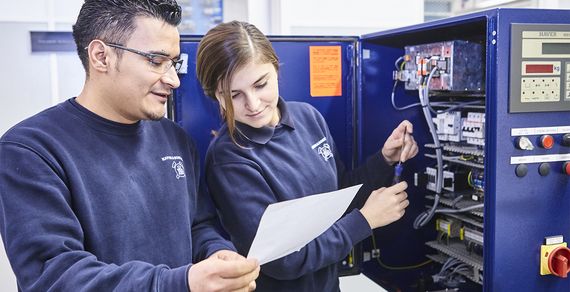
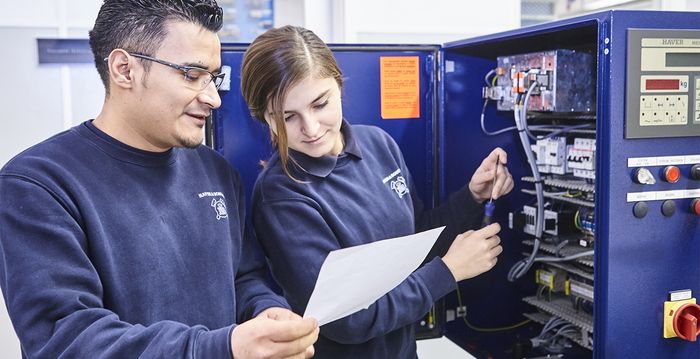
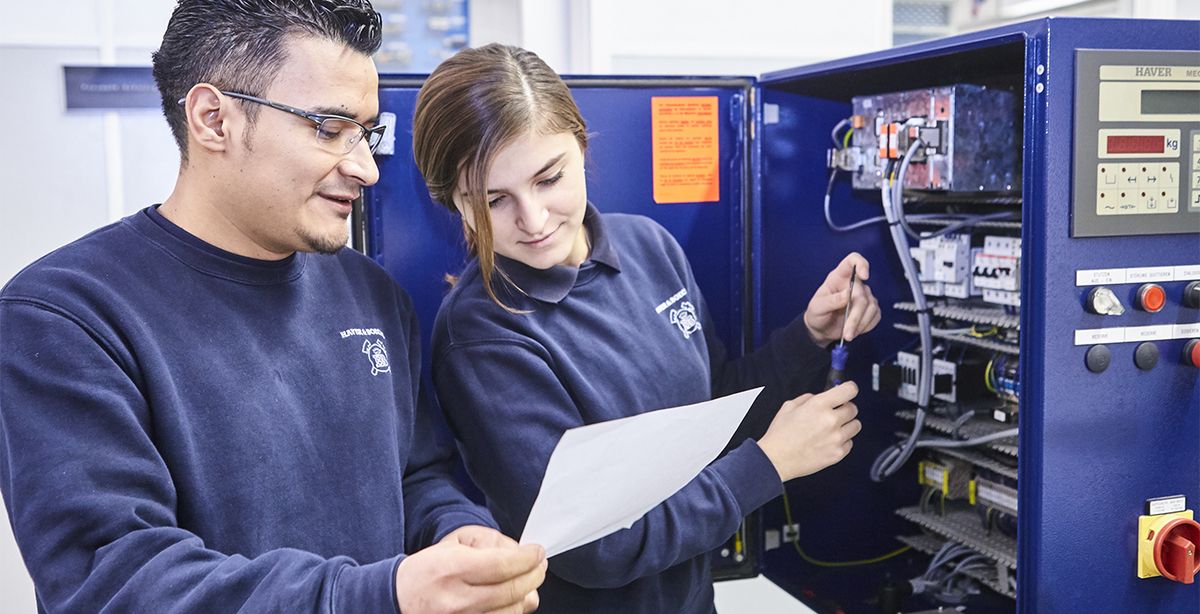
You show where you want to go, what you can do and prove with concept and commitment that you are dual and international at eye level. These are precisely the qualities that form the perfect basis for a successful dual study programme, which offers you two key advantages:
- As a student, you are integrated into practice at an early stage and gain enormously important experience.
- You also stand on your own two feet financially from the beginning of your training.
Dual courses of study at Haver & Boecker
Electronics (B. Eng.)
| Brief description | You will spend the first year of training in the company. From the second year of training, you study full-time. During this time you will spend one day a week in the company. You spend the lecture-free time at the company. |
|---|---|
| Basics of the study programme are electrical and control engineering as well as computer science. | |
| You will carry out practical projects in which you will link theoretical knowledge with current tasks from operational practice. | |
| After 4.5 years, you will not only have a vocational qualification as an electronics technician, but also a Bachelor of Engineering in Electrical Engineering. | |
| Requirements | school leaving examination or entrance qualification for a senior technical college or previous education recognised as equivalent |
| Understanding of and interest in electronic contexts | |
| Good scientific knowledge |
Mechatronics/Automation (B. Eng.)
| Brief description | You work in the company during the practical phase (11 weeks) - while, during the theory phase (12 weeks), you study full-time. |
|---|---|
| You work in the interface areas of mechanical engineering, electrical engineering and computer science. | |
| In the three practical modules and as part of the Bachelor's thesis, you will carry out practice-related projects in which you link theoretical knowledge with current tasks from operational practice. | |
| Requirements | school leaving examination or entrance qualification for a senior technical college or a previous education recognised as equivalent. |
| Understanding and interest in mechanical and electronic contexts | |
| Good scientific knowledge |
Digital technologies (B. Eng.)
| Brief description | You work in the company during the practical phase (11 weeks) - while during the theory phase (12 weeks) you study full time. | ||
|---|---|---|---|
| You will acquire extensive specialist knowledge in modern information and communication technologies. | |||
| You design and implement data-driven processes and complex workflows. | |||
| You apply innovative methods from the fields of data mining, cloud computing and the Internet of Things. | |||
| You implement current Industrial IoT projects in close cooperation with colleagues from the fields of automation and mechanical engineering. | |||
| Requirements | school leaving examination or entrance qualification for a senior technical college, with a good or very good degree, and very good performance in mathematics and physics | ||
| Very good understanding of physical, mathematical and technological contexts | |||
| Strong interest in data and information processing | |||
| Above-average commitment and ability to work in a team |
Industrial Engineering (B. Eng.)
| Brief description | You work in the company during the practical phase (11 weeks) - while, during the theory phase (12 weeks), you study full-time. |
|---|---|
| You will learn how to work in the technical and business management departments in a practical way. | |
| You implement current projects in close cooperation with colleagues from the different areas. | |
| Requirements | school leaving examination or entrance qualification for a senior technical college |
| Good understanding of physical and mathematical correlations | |
| Strong interest in business contexts and technologies | |
| Willingness to perform and ability to work in a team | |
| Good knowledge of English |




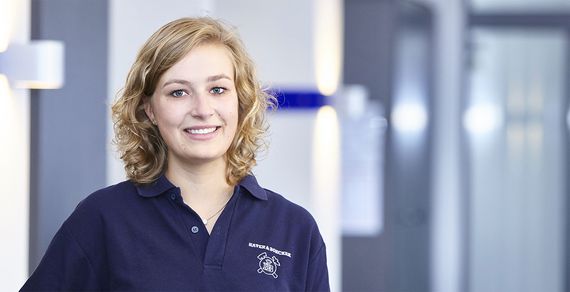
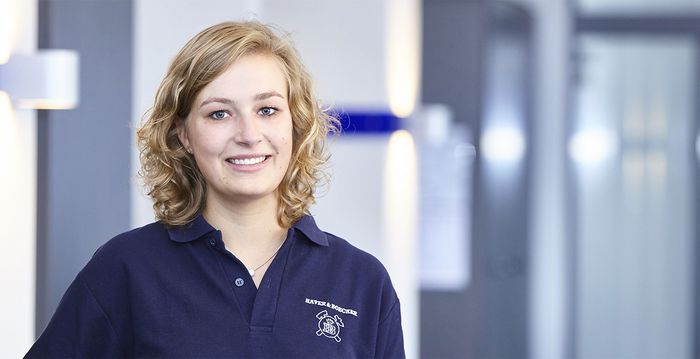
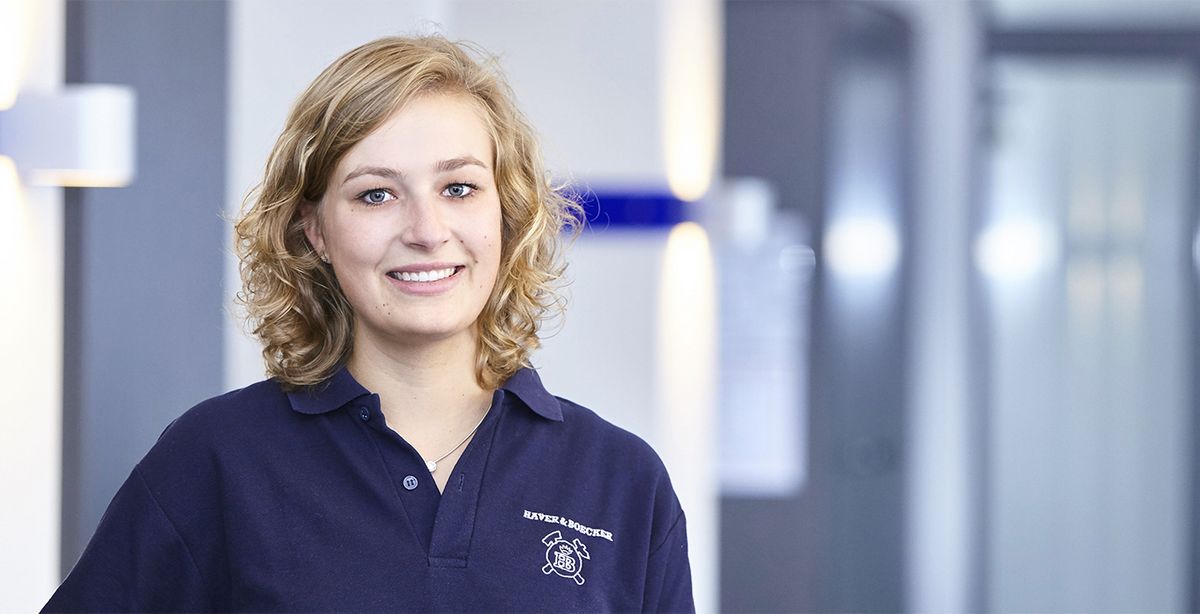
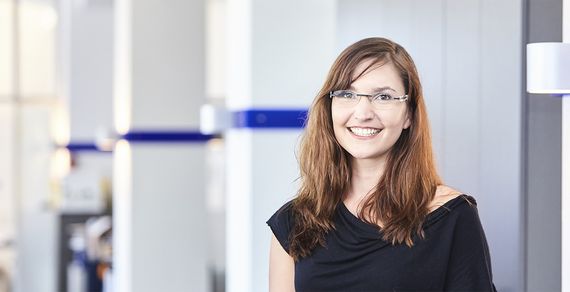
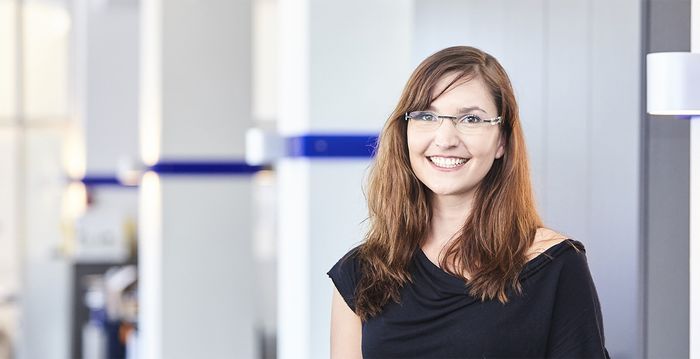
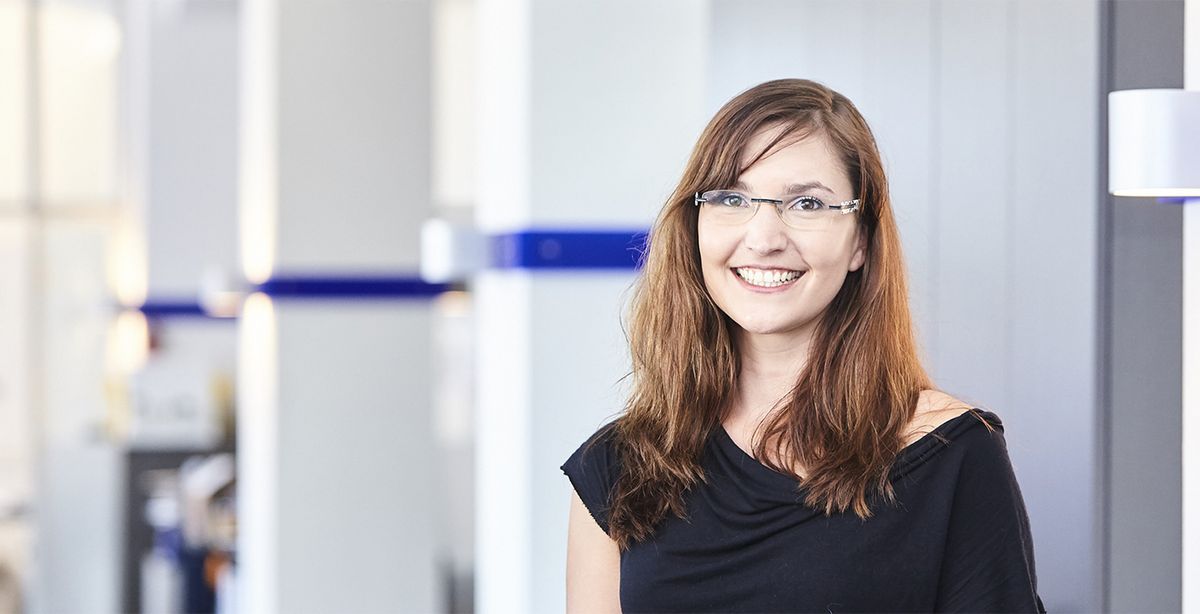
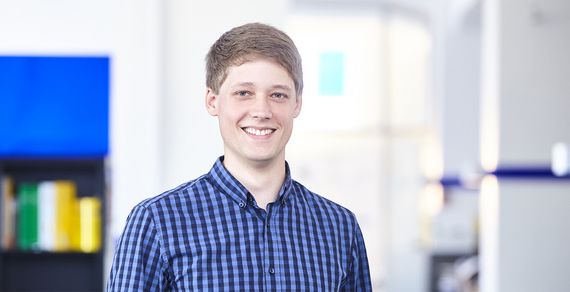
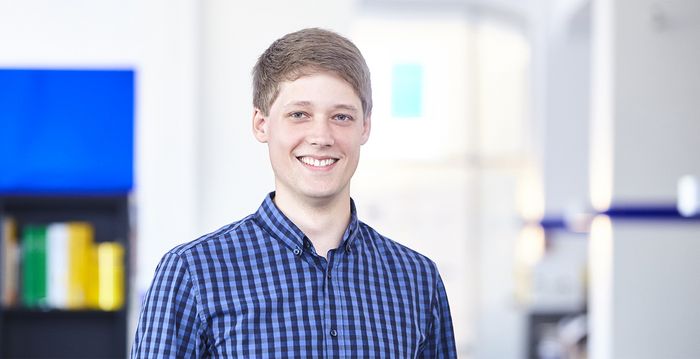
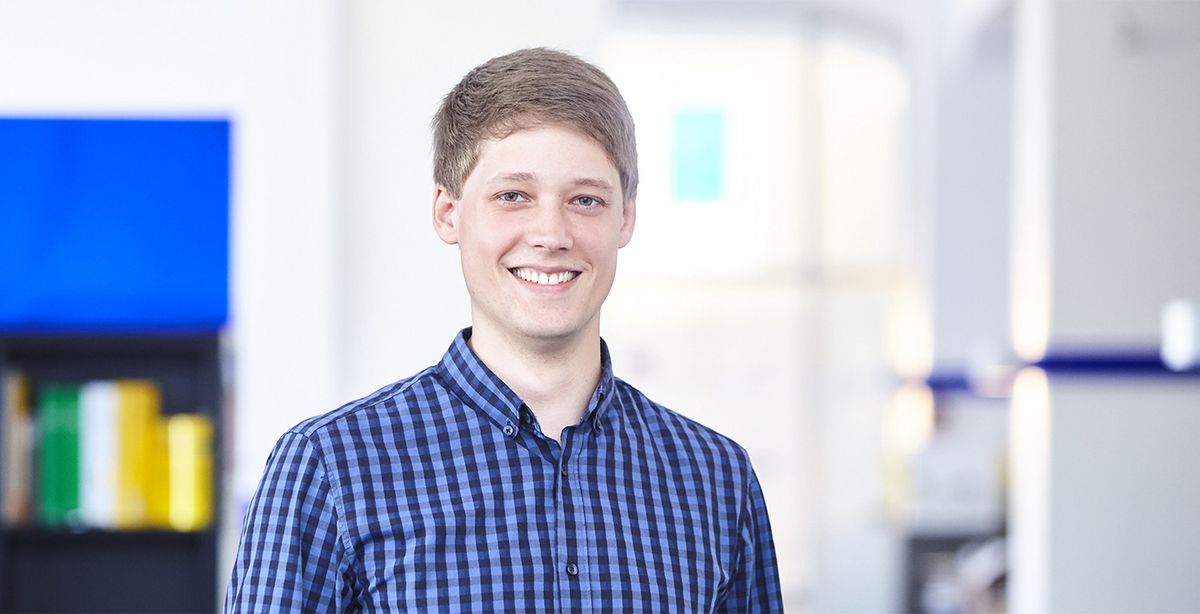
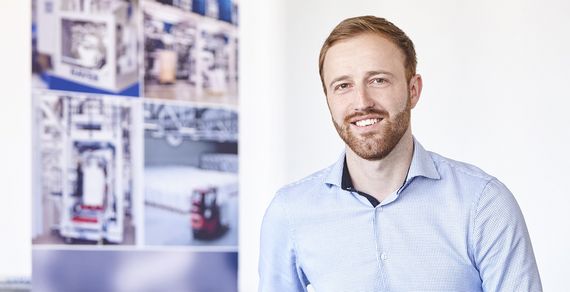
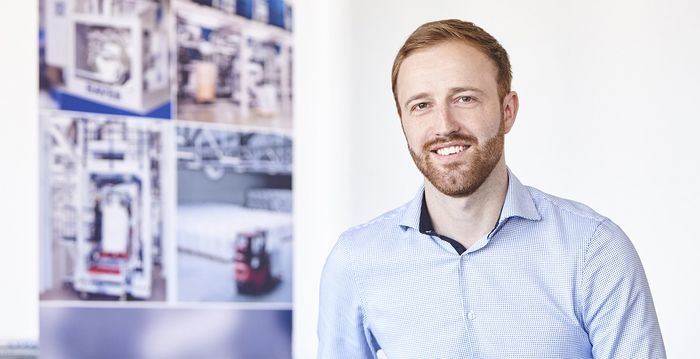
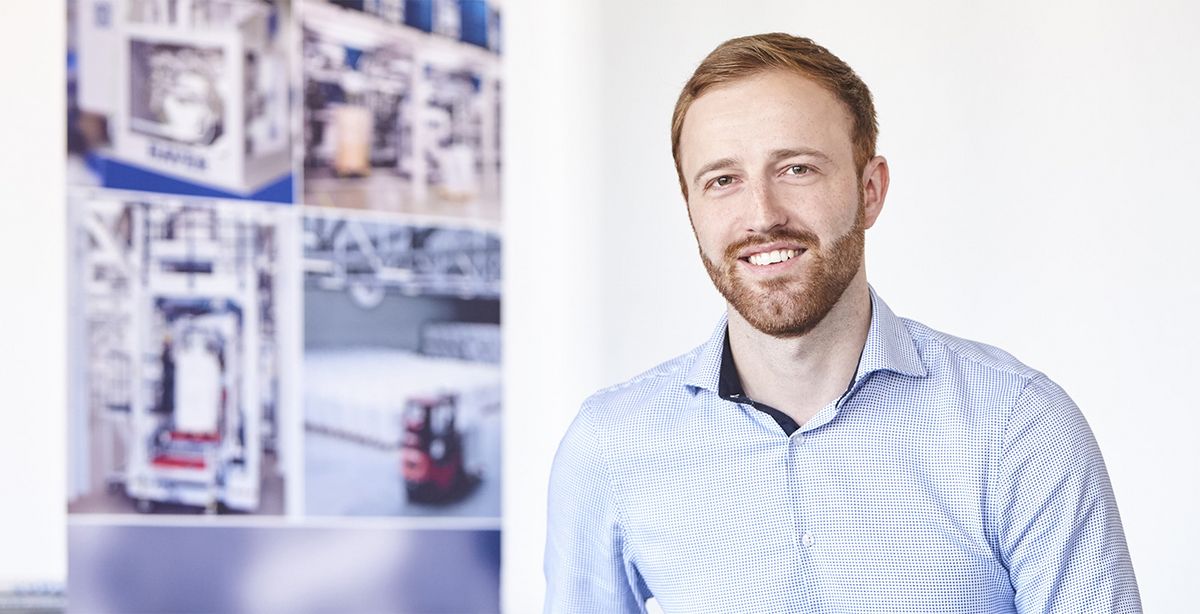












![[Translate to English:] C. Baumert](/fileadmin/HaverBoecker/DieMaschinenfabrik/01_graphic/Neue_Profilbilder/Christopher_Baumert.png)